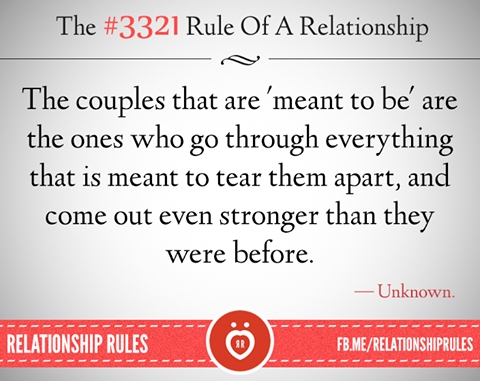 Throughout history roses have held great significance. Monks tended rose gardens in the Middle Ages...there are references to roses in the bible and of course Shakespeare's immortal words were, "A rose by any other name would smell as sweet." So no wonder some couples chose to include a rose ceremony at their wedding. Red roses stand for sacrifice and love. White roses represents pure spiritual love. A single white rose represents forgiveness and white roses in a bridal bouquet signify a holy union.Twelve roses is considered a complete cycle and therefore represents true love... while nine stand for eternal love. At weddings, engagements and renewal ceremonies it's a lovely idea for the couple to present each other with a rose - either white or red - as a symbol of their love. With so many of us geographically (and often emotionally) cut off from our relatives and friends - for instance all my family apart from my daughter are living in England - it makes me realise just how important it is to get together when we can and celebrate the occasion. A friend of mine has just returned from Australia to spend time with her sick father in England and he died just days after she returned home. How much better was it that she was there to spend time with him when he was alive, than rushing home after he had died for a funeral? I think Living Wakes (like a funeral wake but when the guest of honour is present) are a really great way of making someone feel loved, cherished and important to those around them. I've always thought how crazy it is to have a wonderful funeral that celebrates the life of the person who has died, and they miss out on all the love, memories and funny stories that surround the occasion. How often have you heard people at a funeral say, "How much he/she would have loved this?". And I don't even think living wakes need to wait until a special relative is even ill. Why not have a Celebration of Life every year, when the family gets together? Even if it's when one relative visits from overseas, why not plan a family gathering - which is structured as a special ceremony - to create a professional, meaningful and loving occasion? But if a family member is ill, and you fear the end might be close, then that's a perfect time to plan a Living Wake. I've done a lot of training in grief and bereavement and I know how much this can help not only the relatives, but also the person who is facing the natural end of their life. It helps acceptance and for those who will be left behind, it also helps in the bereavement process. |
AuthorRebecca Skinner is a journalist, editor and writer who is also a civil celebrant, committed to helping people cherish special moments in their lives. From ceremonies with a difference together with books of living memories as a unique memento - to writing life stories - she is the specialist in celebrating life's many chapters. Archives
April 2018
Categories
All
|

 RSS Feed
RSS Feed
